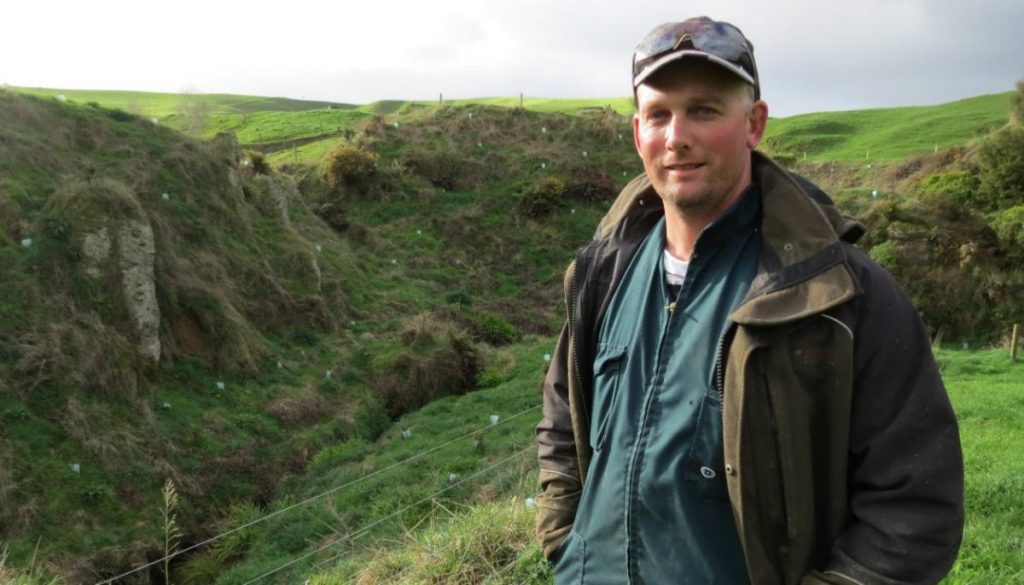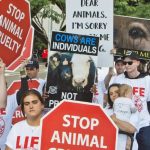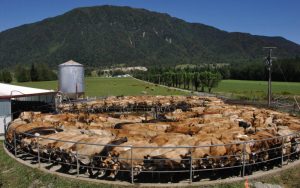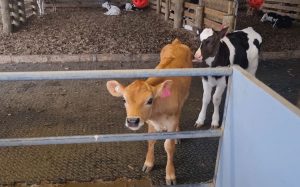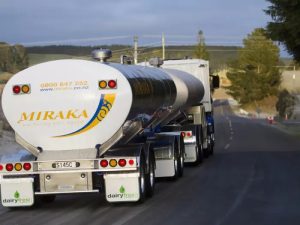
The co-op estimates the loss could be as high as $675 million due to a write-down on assets as it tries to turn its fortunes around.
Federated Farmers dairy chair Chris Lewis said the news was obviously disappointing.
He said, while most farmers knew there was bad news was coming, he expected many would be shocked at the figures.
“Most farmers are working really, really hard at the moment, we’ve had wet weather over the past few days and the priority has been their cows, calves and lambs,” he said.
“When they get in for lunch and read this, there will be some disappointed farmers,” said Lewis.
He said it wasn’t just farmers who would be affected.
“Fonterra’s a big company, very important to New Zealand’s economy.
When they have a big tax write-down, there is obviously going to be no tax paid to the Government, they’ve paid a lot of tax to the Government in the past.”
He said there would be disappointment from farmers at both the share price and the lack of dividend.
“The dividend makes up a smaller part of farmers income, but like all small businesses, every cent counts.”
While he acknowledged that Fonterra management had been working hard to turn the business around, he said farmer confidence was an issue.
“Fonterra needs to pull out a big year to turn around that farmer confidence.”
Fonterra chairman, John Monaghan said farmers’ livelihoods had been front of mind in the decisions which had been made.
“We are well aware of the challenging environment farmers are operating in at the moment,” he said.
“Ultimately, we are charged with acting in the best long-term interests of the co-op,” said Monaghan.
The write-downs include:
-$200 million on its investments in Brazil “due to the economic conditions” in the South American country
-$135 million on investments in troubled Venezuela
-$200 million on China Farms “due to the slower than expected operating performance”
-$200 million here in New Zealand, thanks to “the compounding effect of operational challenges, along with a slower than planned recovery in our market share”
-and $70 million on its businesses in Australia due to “continued drought, reduced domestic milk supply and aggressive competition in the Australian dairy industry”.
